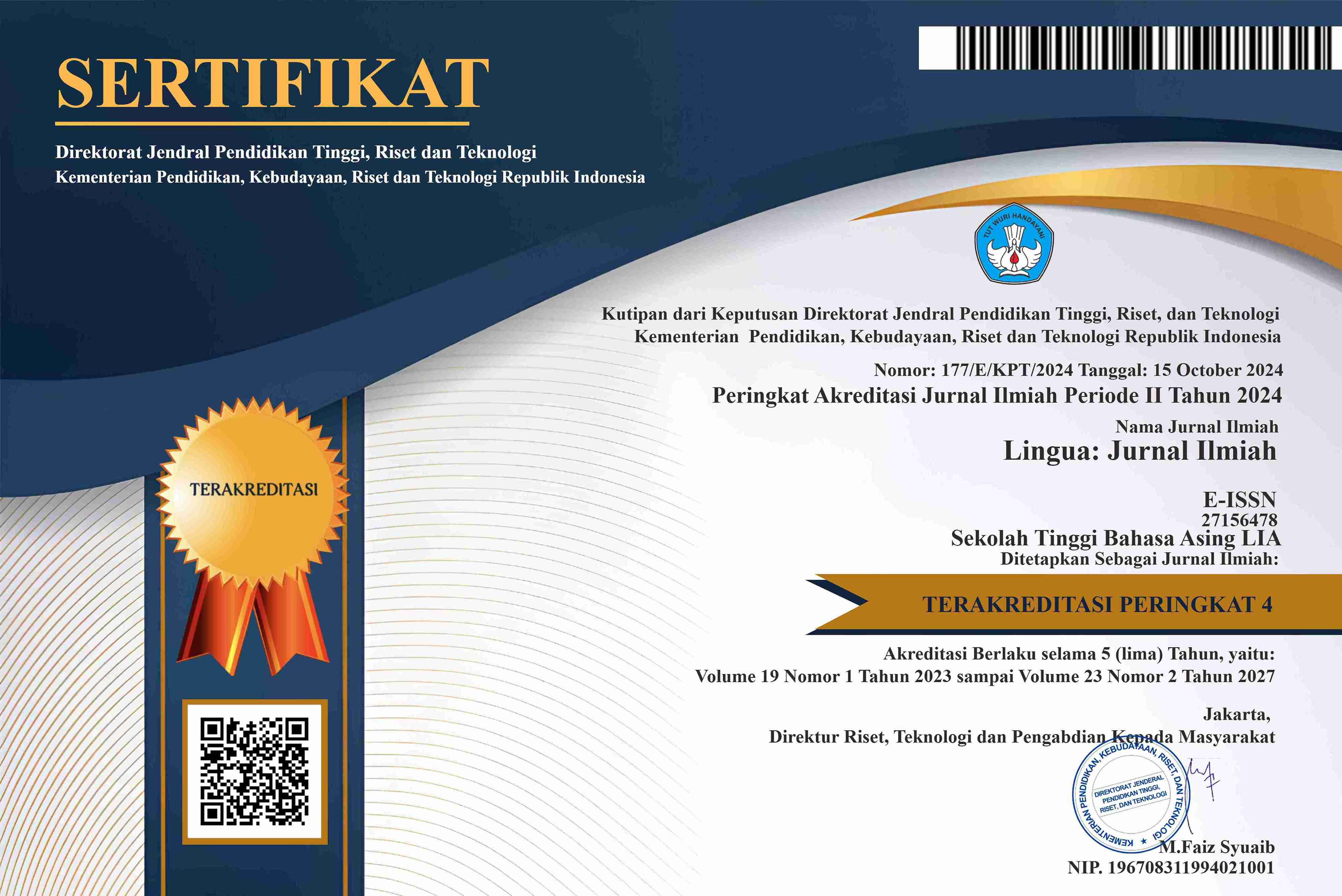KONSEP PERAN & SIKAP NO-MEIWAKU PADA LANSIA JEPANG: SEBUAH PEMBELAJARAN DARI NEGERI MATAHARI TERBIT
Keywords:
Japanese elder society, role and role commitment, no-meiwaku, activity theoryAbstract
The objective of this study is to determine the concept of culture that exists in
Japanese society, especially to understand why Japanese elderly people have a
high interest in being involved in activities after retirement, and have a desire to
become independent human beings, contributed to the community. To clarify the
understanding of the concept of culture as an abstract image, it is also
accompanied by examples of implementation in activities or profiles of Japanese
elderly in accordance with the depiction of the cultural concept. This study uses a
qualitative method to observe social phenomenon. The data was collected through
literature reviews. Secondary data is collected and processed by analyzing the
contents, both from books, articles, research results, journals and several relevant
publications, both printed and electronic. As a result, activity, health, and
satisfaction are three factors that mutually support to achieve good quality life for
the elderly. The public policy of Japanese government has created an
empowerment program for the elderly to encourage the elderly to be healthy,
independent, and beneficial to the community. In order for Government programs
to achieve, individual support is needed. The answers lie in the concept of role
culture & commitment to carry out the role and the concept of no-meiwaku. By
having have a role and a commitment encourages the elderly to be actively
involved in activities and No meiwaku concept makes elderly doesn’t want to
burden others, to remain independent, both mentally and financially.
Downloads
Published
How to Cite
Issue
Section
License
Copyright (c) 2024 Yesy Tri Cahyani

This work is licensed under a Creative Commons Attribution-NonCommercial-NoDerivatives 4.0 International License.












